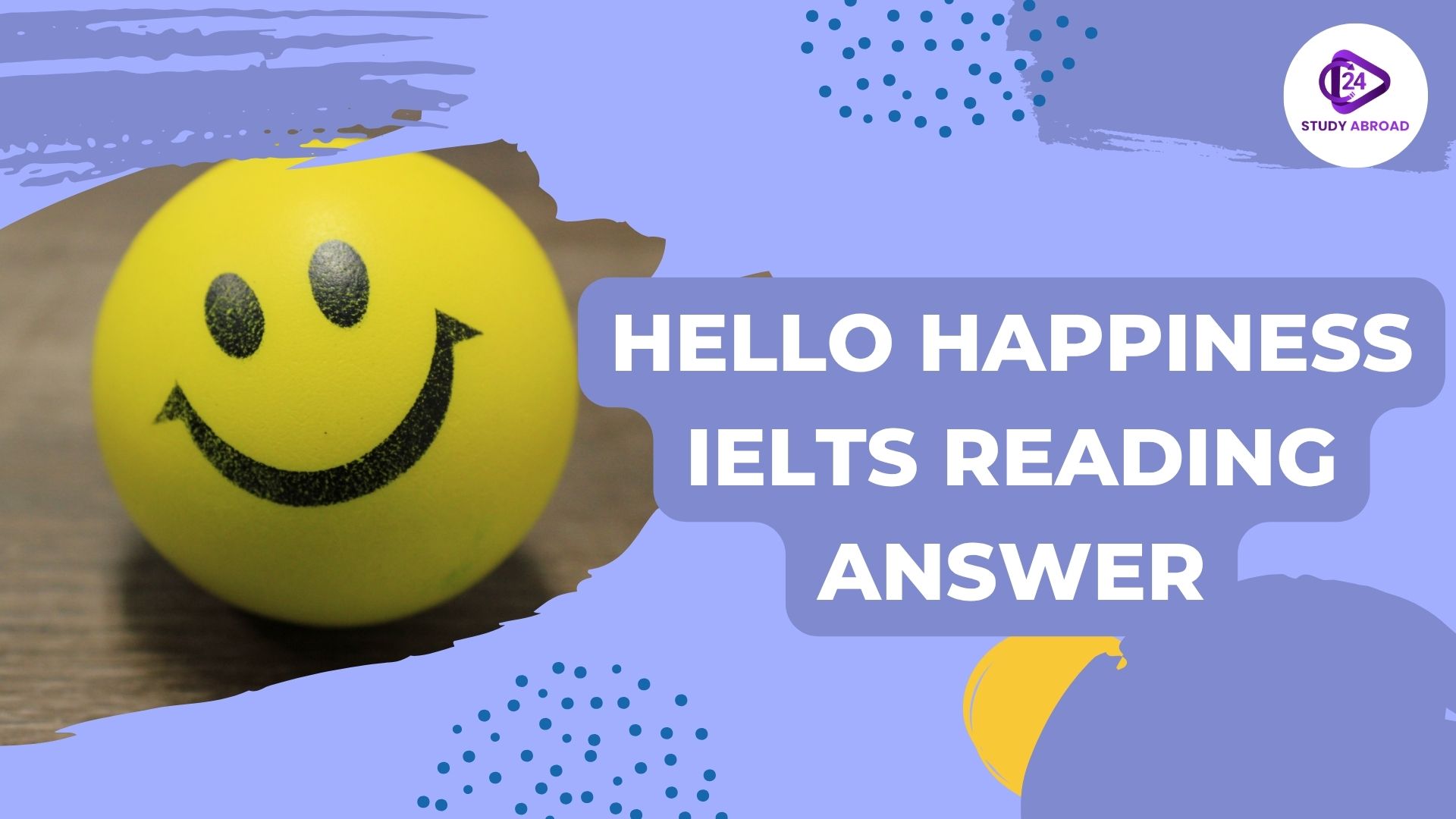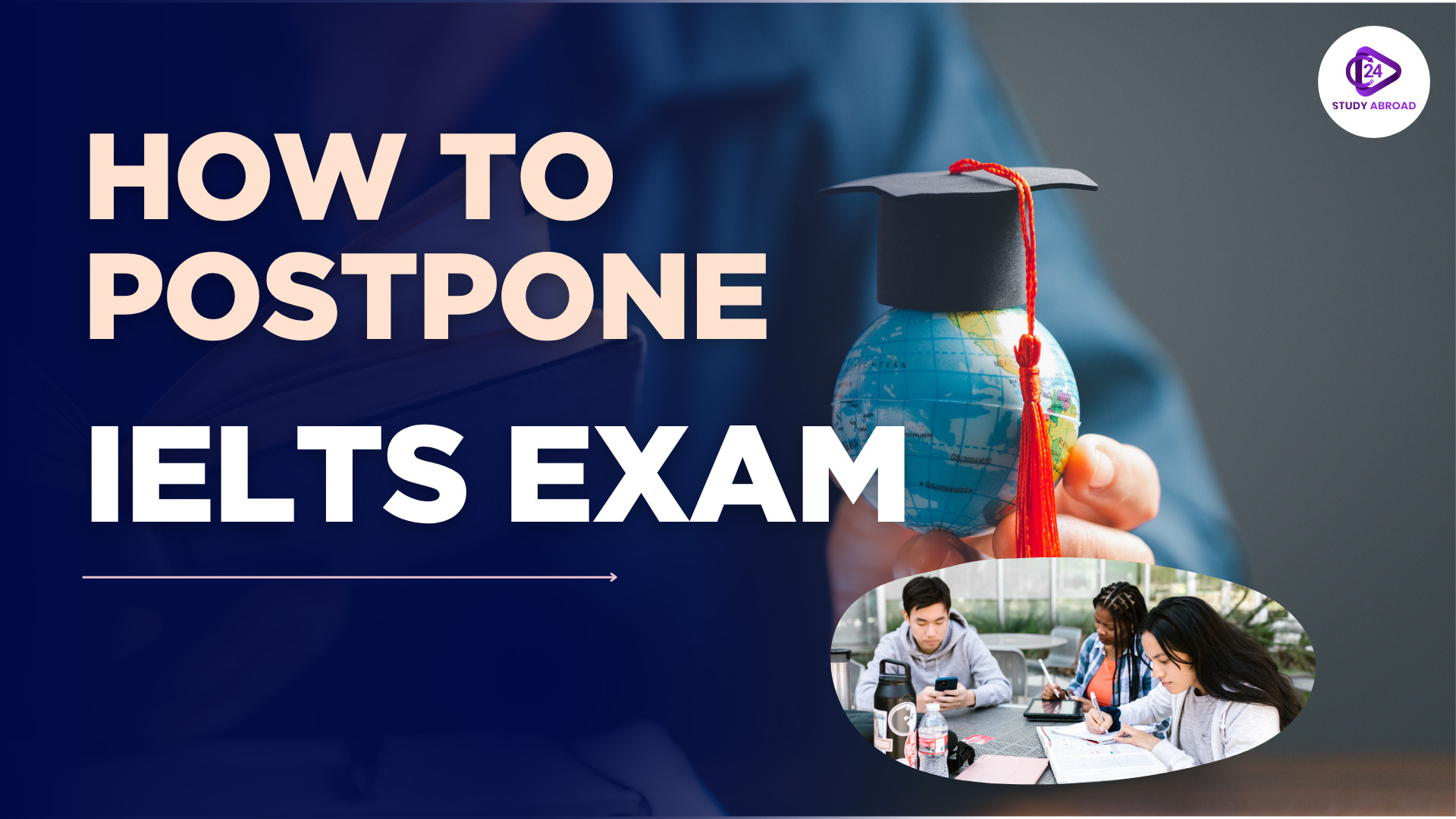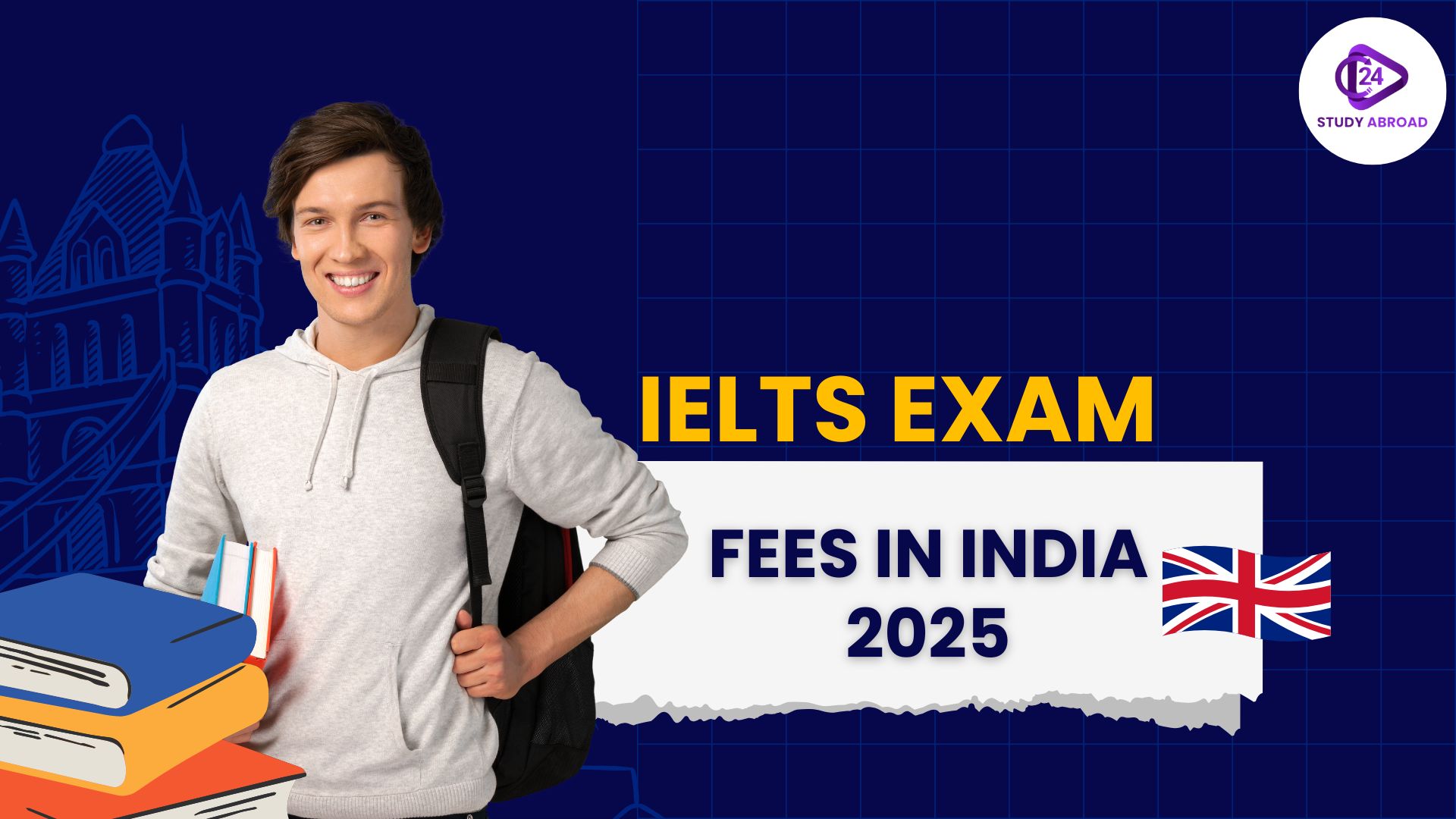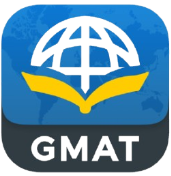The Hello Happiness IELTS Reading Answer is an essential tool to every candidate studying and planning to face IELTS Academic Reading. This is such a captivating chapter that reminds us of the science and psychology of happiness and brings us to conclusions of what exactly determines well-being. Using its provoking content and the variety of questions, the IELTS reading passage on Hello Happiness tests the test-takers in their abilities to read, skim, and analyze. In this post, we shall analyze the passage, give tips to solving the passage, and advice on how to maximize on your performance and still include IELTS reading answers for Hello Happiness.
Also Read: How to Start IELTS Journey from Beginning
Hello Happiness IELTS Reading Answer Overview
IELTS reading passage on Hello Happiness is normally found in the IELTS Academic reading module and examines the issues that contribute to happiness and well-being. Based on psychological and sociological studies, the text talks about various themes such as how wealth, family, social relationships and personal control contribute to happiness. It aims at measuring your skills to read difficult texts, recognize the main concepts, and respond correctly to the questions within the time limit.
The text can include 700-800 words and 13-14 questions, like Matching Information, Summary Completion, and True/False/Not Given. An ordinary example in the passage could be: When past the simple standards of proper shelter and food the other wealth cannot be a big factor. This points out the fact that unlike basic needs, money cannot afford happiness a common theme in the text.
Also Read: How to Postpone IELTS Exam
Key Themes in the IELTS Reading on Emotions and Happiness
The IELTS reading on emotions and happiness emphasizes several core ideas:
- Wealth and Happiness: The common wisdom is that money above basic needs does not make people that much happier but this is not true. Based on surveys, lottery winners tend to resume their normal level of happiness after one year.
- Social Connections: Good social connections are the ultimate markers of happiness particularly family and friendship connections. In one survey, a friend is equated to $50,000 worth of happiness.
- Control and Autonomy: Individual control over life experiences, i.e. job or choice of options, has high correlation to well-being.
- Marriage and Health: Married people live longer, and their physical and psychological health ratings are better than that of unmarried or cohabiting people.
These are essential themes to know the passage and respond to the questions.
Also Read: Study Abroad Programs in UK
Hello Happiness IELTS Reading Answer Question Types and Strategies
The IELTS reading answers for Hello Happiness cover various question types that test different skills. Here’s a breakdown of common question types and how to approach them:
| Question Type | Description | Strategy |
| Matching Information | Match statements to specific paragraphs based on content. | Skim the passage to identify main ideas in each paragraph, then match statements to relevant sections. |
| Summary Completion | Fill in blanks in a summary using a provided word list. | Scan for keywords related to the summary and locate corresponding details in the text. |
| True/False/Not Given | Determine if statements align with, contradict, or are absent from the passage. | Read statements carefully and compare them to the text, noting exact wording to avoid paraphrasing traps. |
Another example is the True/False/Not Given, e.g. question: “Happiness is more emphasized in wealthier countries than poorer countries.” The response, frequently False, is founded on the text that more prosperous countries do not outrank developing in measurements of happiness.
How to Solve IELTS Reading Passage on Positive Psychology
To excel in the IELTS reading passage on positive psychology, follow these steps:
- Skim First: Use 2-3 minutes in the skimming of the passage in order to have the general ideas and outline. Determine titles or topic sentences to get a feel of paragraph orientation.
- Scan keywords: On particular questions, scan the text to find plurals, or the verbal equivalent of the keywords of the questions. E.g., social connection may be expressed as relationships or interactions.
- Reading actively: You should actively read when you find the applicable part to ensure details. Look out to qualifiers such as, often, sometimes, or not necessarily.
- Time management: Take an average of 20 minutes on each passage and get time to go through answer book. Do not see difficult questions, take a guess and proceed.
- Samples: Doing samples: Similar to the previous tip, using practice tests found in sources such as IELTSMaterial.com or LeapScholar.com familiarizes oneself with passages that give the test taker the material to do the same.
How to Approach the IELTS Reading on Happiness Studies?
Approaching the IELTS reading on happiness studies requires a strategic mindset:
- Contextualize it: Take into consideration that the text combines scientific study and practical instances, such as how marriage or freedom to choose the work impacts happiness.
- Edits and rephrase: Most questions is wording Same thing. As an example, one may enlist the answer to the query of control over his life as autonomy in decision-making.
- Use Elimination: With multiple-choice questions, drop the wrong answer choices using information in the passage to whittle the correct answer.
- Practice Vocabulary: Well-being, subjective and correlation are common words. Acquire a good vocabulary to decipher difficult words.
Sample Data: Happiness Factors from the Passage
| Factor | Impact on Happiness | Evidence from Passage |
| Wealth | Limited beyond basic needs | “Increased wealth plays no significant role” |
| Social Connections | Strong positive correlation | “Best benchmark of happiness” |
| Marriage | Enhances physical and psychological health | “Married people live three years longer” |
| Work Autonomy | Increases well-being | “Correlates highly with happiness” |
| Personal Control | Key to sustained happiness | “Happiness correlated with favorable events” |
What Are the IELTS Reading Answers for Hello Happiness?
While exact answers vary by test version, common IELTS reading answers for Hello Happiness include:
- Fact: “Having shelter is an essential human need”.
- Not true: Rich countries attach greater weight to happiness than poor countries.
- Not Given: The more the family, the happier the parents will be.
- Complete summary: Terms such as level, satisfaction or well being commonly fill-in in the end of summaries of happy-significance.
It is always a good idea to cross reference answers with the passage because it is very easy to paraphrase.
Conclusion
The Hello Happiness IELTS Reading Answer can only be mastered through familiarity with themes of the passage and practicing various types of questions, as well as efficient methods such as skimming and scanning. After attending to some of these important factors such as social relationships, independence, and the confined aspect of money you will be able to address the queries without any hesitation. Tips and resources such as practice tests, vocabulary building will help take your IELTS Reading score up and reach the band that you want.
Also Read: Best Courses to Study in Canada
Hello Happiness IELTS Reading Answer FAQs
What is the primary topic of Hello Happiness IELTS passage?
The reading looks into the science of happiness, the things that make people happy such as wealth, people you associate with, or being in control of oneself; and it points out that the rest of the cases that money can help in, relates only to the basic necessities.
What practices can I use as I attempt to perfect my performance in the IELTS reading on happiness studies?
Train in skimming and scanning, expand your vocabulary and go through sample tests to become more familiar with such question types as Matching Information and True/False/Not Given.
What kind of questions can be found in the Hello Happiness passage?
The widely used forms are Matching Information, Summary Completion, and True/False/Not Given which examines detail recognition and comprehension of information.
Why is Hello Happiness passage a challenging one?
It has an intricate vocabulary, restated questions, and science materials, which demand excellent reading and time convenience.
Hello Happiness, where are some practice tests given to IELTS reading passage?
Sites e.g. ieltsmaterial.com, leapscholar.com and bestmytest.com provides free practice test and sample answer.





















